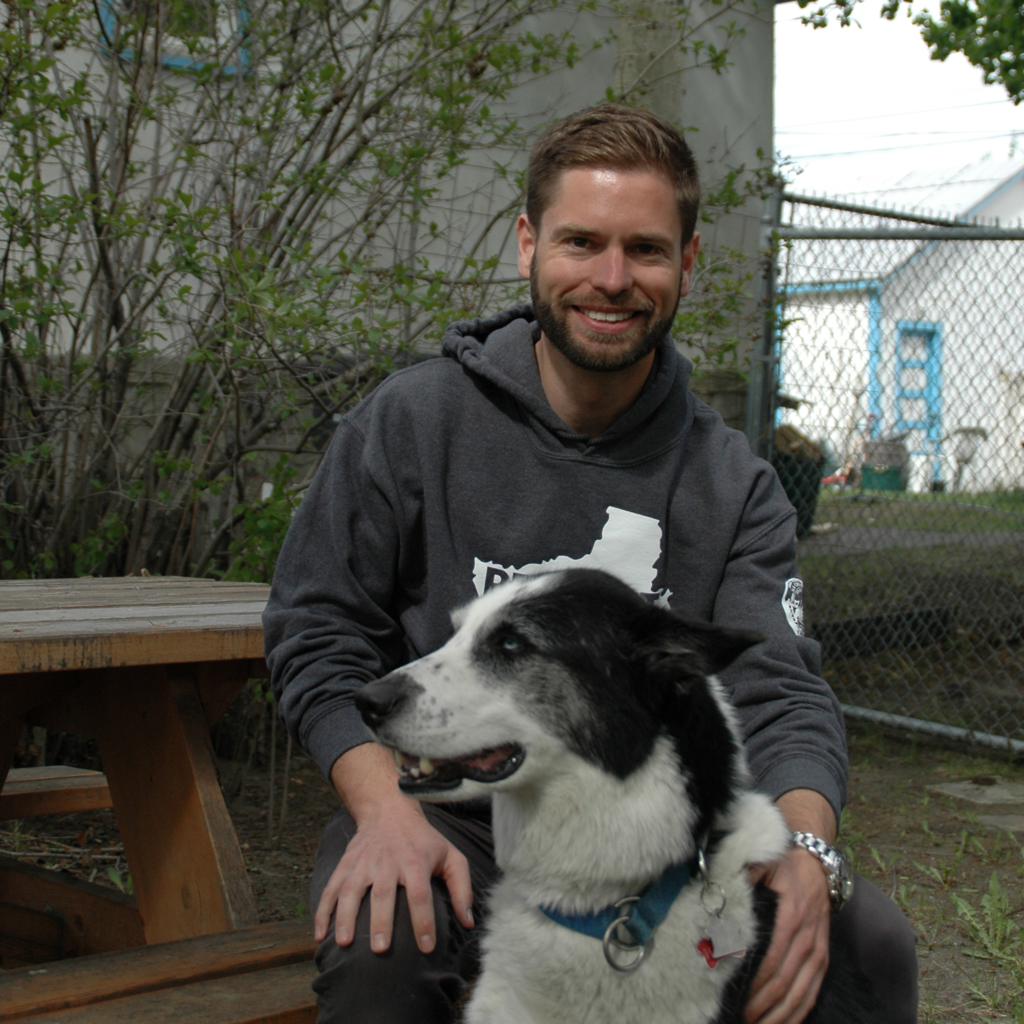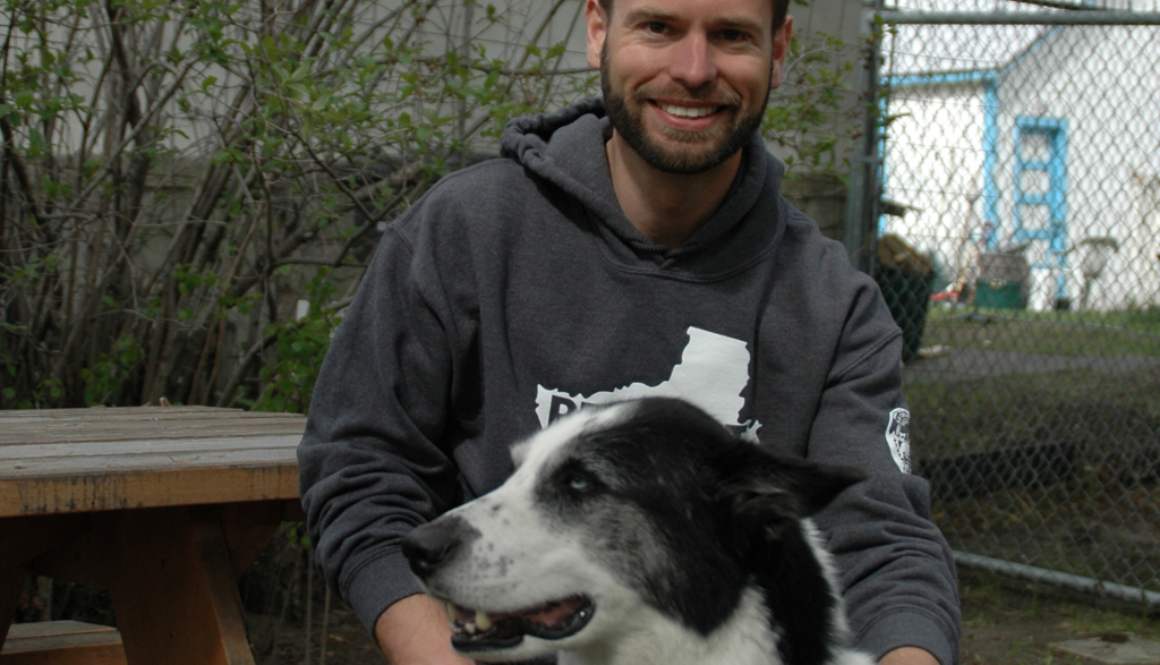A Q&A with Chris Rider on the climate crisis

Recently, Yukon’s French language newspaper L’aurore Boréale interviewed our Executive Director, Chris Rider about to discuss the Climate Crisis.
The interview was done in English, then translated to French for the newspaper. We are posting the English language version, with permission from Sophie Delaigue and L’aurore Boréale.
1. When you look at this past summer (floods in the Yukon and extreme heat/fires in BC), do you think it’s our new normal?
I hope that the level of flooding we experienced this summer isn’t the new normal, but unfortunately I do think we can expect the Yukon’s weather to continue to become more and more erratic. Scientists are warning that the climate crisis means extreme weather events are going to continue to happen more frequently, and that means that unless the world takes action, flooding and fires are something we will likely see a lot more frequently in the Yukon. For a long time, people have said the costs of addressing climate change are too high. Sadly, we’re already beginning to see that the costs of not addressing it are even higher.
2. What is coming up in terms of climate action this fall, e.g. COP26, new policies, etc.?
I’ve been so inspired by the work that youth have been doing to address climate change in the Yukon. From the rallies organized by high school students to the Youth Panel on Climate Change and the Council of Yukon First Nations Youth Climate Action Fellowship, they are pushing for real change.
I’m also really excited by the growing focus on Indigenous-led conservation in Canada, including the federal government’s recent commitment of $166 million for the establishment of new Indigenous Protected and Conserved Areas (IPCA’s). This is a model for preserving land, where Indigenous governments and citizens are key decision makers when it comes to how the land and water is managed. It is a way of ensuring First Nations, Metis and Inuit people have control over the lands they’ve stewarded for millennia and it’s a model that I think we’re going to see a lot more in the next ten years.
Supporting Indigenous-led conservation is a big win for our climate, because keeping forests and wetlands intact can help to ensure carbon is captured and stored safely by nature. That’s why this is called a “nature-based solution” to climate change!
3. What are CPAWS Yukon top priorities for the next year?
Earlier this year, CPAWS Yukon and the Yukon Conservation Society commissioned some independent polling to learn more about Yukoner’s views on nature and the environment. We found that nearly 80% of Yukoners support strong targets for protecting nature. That was really exciting for us to see, and we will work to support First Nations across the Territory, to ensure that the Yukon is a leader in protecting our most valuable natural resource – plants and wildlife!
This includes supporting Tr’ondëk Hwëch’in and White River First Nation citizens to protect important land and wildlife in the Dawson region, which is primarily the traditional territory of Tr’ondëk Hwëch’in; helping to protect Chasán Chúa (more commonly known as McIntyre Creek) in the traditional territory of Ta’an Kwäch’än Council and Kwanlin Dün First Nation in Whitehorse; and supporting Na-Cho Nyäk Dun citizens to keep the Beaver River Watershed free from development.
4. If people could do just one thing to tackle climate change, what would that be?
We all know that there are plenty of things we can do to help tackle climate change – drive less, fly less, better insulate our homes, etc. – but ultimately most of the big changes will need to come from businesses and government. That’s why I think the single most important thing that we can do is to tell our politicians, and the brands that we engage with, that addressing climate change is something you care about. Tell them that climate change and protecting the environment should be their biggest priority, and that you won’t support them if you don’t see real action. If enough of us continue to do that, they will have to listen!
This was originally published en français in L’aurore Boréale. You can read the original here: http://auroreboreale.ca/des-solutions-fondees-sur-la-nature-pour-lutter-contre-le-changement-climatique/

